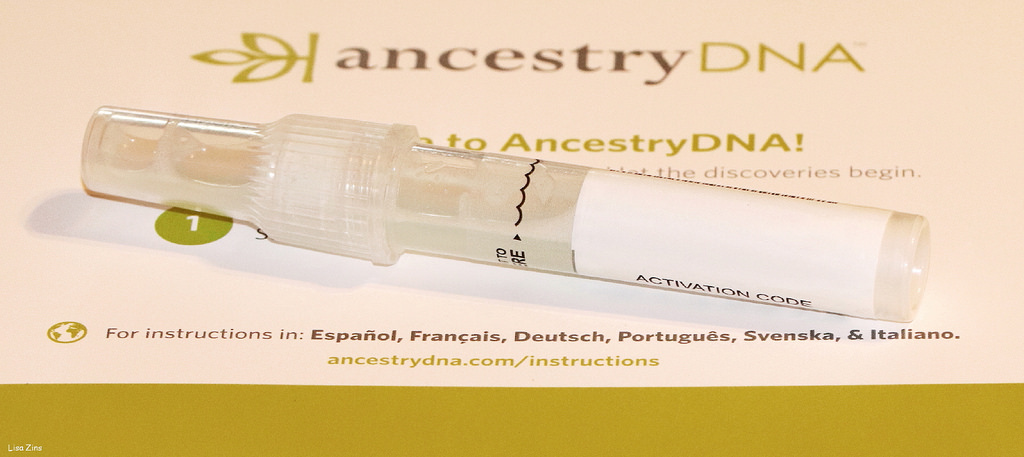States Are Toughening Up Privacy Laws for At-Home DNA Tests
By Emily Mullin,
Wired
| 10. 21. 2021
IF YOU’VE EVER spit into a plastic tube or swabbed your cheek and mailed your saliva away to learn about your ancestry or health risks, you might have assumed that the company analyzing your DNA is legally required to keep your genetic data private. But you’d be wrong.
The Health Insurance Portability and Accountability Act, known as HIPAA, protects individuals’ medical information when it's handled by doctors, hospitals, and health insurance companies. This applies to genetic tests ordered by your doctor but not to those you can buy online directly from companies like 23andMe and Ancestry because these kits aren’t considered medical tests. As a result, the companies have largely operated in a legal gray area. Firms write their own privacy policies that customers agree to when they purchase a kit, but the companies can change these policies at any time.
That’s a problem, since genetic data can reveal all sorts of sensitive information about you—your ethnicity, your family connections, and even your likelihood of developing Alzheimer’s disease or certain cancers. Law enforcement officers are increasingly using consumer...
Related Articles
By Scott Solomon, The MIT Press Reader | 02.12.2026
Chris Mason is a man in a hurry.
“Sometimes walking from the subway to the lab takes too long, so I’ll start running,” he told me over breakfast at a bistro near his home in Brooklyn on a crisp...
By Katrina Miller, The New York TImes | 02.05.2026
Joseph Yracheta: The Native Biodata Consortium is the first nonprofit data and sample repository within the geographic bounds and legal jurisdiction of an American Indian nation, on the Cheyenne River Sioux Reservation in Eagle Butte, S.D.
NativeBio participated in a ...
By David Jensen, California Stem Cell Report | 02.10.2026
Touchy issues involving accusations that California’s $12 billion gene and stem cell research agency is pushing aside “good science” in favor of new priorities and preferences will be aired again in late March at a public meeting in Sacramento.
The...
By Lauren Hammer Breslow and Vanessa Smith, Bill of Health | 01.28.2026
On Jan. 24, 2026, the New York Times reported that DNA sequences contributed by children and families to support a federal effort to understand adolescent brain development were later co-opted by other researchers and used to publish “race science”...




